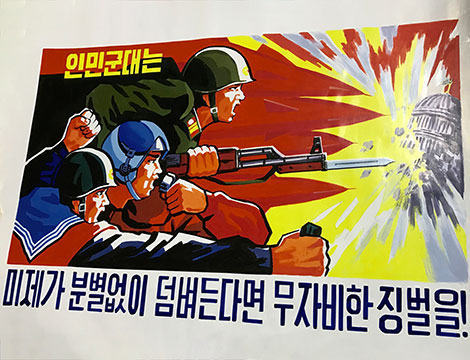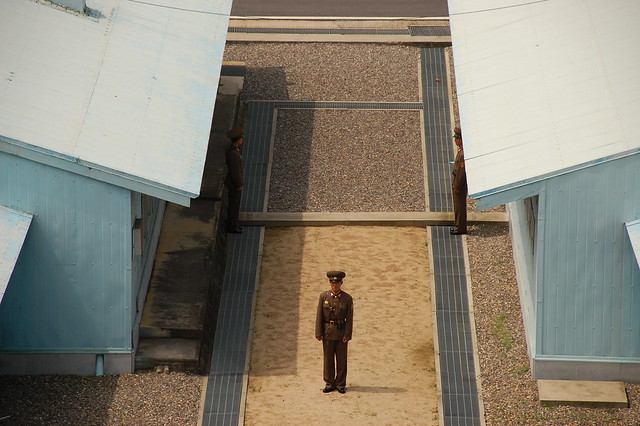
This article was originally published by the World Policy Institute on 20 June 2017.
Circumstances are ripe for South Korea, the United States, and the international community to adopt a fresh approach to address the North Korean crisis. High-ranking officials in North Korea are disaffected to an unprecedented degree, and granting amnesty to them may ultimately lead to the removal of Kim Jong-un.
In an April 6 analysis, Bruce Bennett, a senior researcher at the RAND Corporation, listed ways President Donald Trump could attempt to deal with North Korea, which included conventional strategies such as intensifying sanctions, increasing pressure on China to enforce sanctions, and even preventive military strikes. However, he concluded saying that the safest option would be to negotiate “a peaceful end to the 60-year-standoff on the peninsula” by providing the North Korean elite with an alternative to their “murderous and unstable leader.” He added that such an approach “could be the safest and most realistic way to sheath North Korean nuclear weapons and safeguard the American people.”




